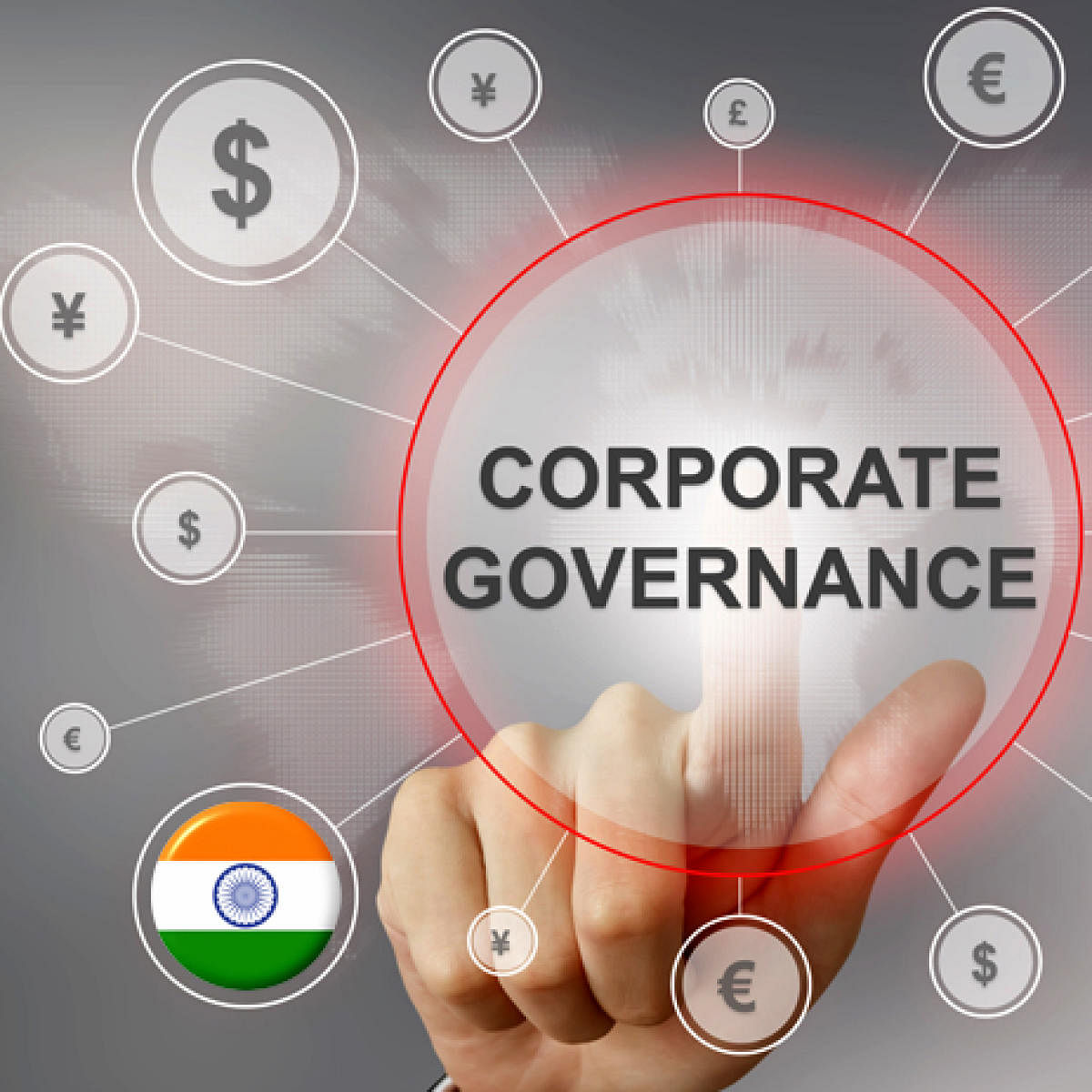
Last month I wrote about how, as a country, we have been punching way below our weight in virtually any international index of development, which measures a country's governance whether economic, social, ethical, commerce, literacy, sports, gender, tolerance, quality of life, pollution, health or ease of doing business. Most of those indices pertain to government-controlled macro parameters in areas that come under political or executive governance.
But what about corporate governance? Is the corporate sector as bad as our successive governments have always made it out to be? After all, isn't such a perception the underlying reason why we are always way more suspicious of the private sector than of the government, notwithstanding the government's apathy and corruption that rule most spheres of our life, and why 'Corporate' is a bad word in our mindsets? So, whose governance standards are better, government's or the corporate sector's?
To answer these questions, I looked for credible international rankings on corporate governance over a 10 to 15-year period. Unfortunately, the information available was sketchy and patchy. The last GMI Ratings on corporate governance available pertained to 2010, and India did not figure among the top 38 countries listed.
Going further back in time, I found the 2004-05 Global Competitiveness Report (the old format) ranked India 31 out of 104 countries, with the private and public sector corporates ranking about the same. But in the same year, the Corruption Perception Index (CPI) ranking of Transparency International for India was 91 out of 159 countries. Clearly, the corporate governance ranking was significantly superior to the country's governance ranking.
While in 2016-17, the CPI ranking was 82/176 countries, unfortunately, despite much effort, I was not able to find the concomitant corporate governance ranking, as the format of the Global Competitiveness Index has changed since. But we can safely surmise that the corporate governance standard, too, must have improved, at least marginally, from 2005 to 2016-17.
This is because in the same period, the regulatory environment of the corporate sector has gone up significantly in the coun-
try. RBI and SEBI have significantly improved their regulatory heft; a slew of new regulators have been added, such as IRDA for insurance sector, AERA for aviation, RERA for real estate, TRAI for telecom, Competition Commission of India, et al.
The Companies Act has been further strengthened. Unfortunately, the IMF's Global Financial Stability Report (2017) is ambivalent about whether or not the governance standards of the Indian corporate sector has improved over the decade. But it seems most likely that if our CPI ranking has improved over the 'decade plus' period, corporate governance standards must have improved at least proportionately, if not more.
In any case, it seems fairly obvious that the corporate governance standards over the years have almost always been significantly superior to the macro-economic governance (read policy-governance or political-governance). So, the perception of 'corporate sector' being a bad name was created by governments over the years. And it looks like government's perennial attempt at deflecting the popular focus from its own performance.
Long way to go
That said, it is not as if all is well with the Indian corporate sector. Even if we ignore the problems of corporate loan defaults, especially with PSU banks, over-invoicing of projects, ignoring Global Compact standards, lack of R&D and innovation and such other issues, even the petty and day-to-day cheating by the corporate sector, which you and I experience a low customer experience - reflects the absolute distance our corporates may have to traverse before they can truly be deemed socially responsible corporates.
It is almost a routine in the restaurants of five-star hotels for you to be billed for an extra wine or a dish, especially if you are in a large group. If you catch the "error", an elegant apology in urbane English does the trick; if not, well the restaurant is that much the richer. One understands this happens in order to make up for all that free meals and booze that powerful bureaucrats, policemen and politicians routinely squeeze out of them! So, you and I are made to make up for that.
Or the routine over-billing by telecom companies, which are corrected only after much sustained effort. Consider this: I returned from an African holiday with a friend, only to find upon my return that I was charged Rs 7,000 for a single outgoing call lasting 45 minutes, ostensibly made by me to the above-referred friend, who was staying in the tent adjacent to me in the wild-
erness of Kenya. When I challenged the call,
I was shown the call details, which clearly showed the outgoing call from me to my friend. Could I have dialed him by mistake, as it occasionally happens? I asked my friend
to send me his call details, only to find that he had no corresponding incoming call! So, I received a polite "apology"! The same trick: when caught red-handed, just apologise for the "error"; if not, well, get rich.
This is now becoming a regular feature with most e-tailers as well. You are dispat ched a lemon. If you challenge vigorously enough, the deal may be reversed; if not, well, the e-tailer just had you. Not long ago,
even on e-bay, I found myself being charged three times the standard price for a product, till I found out the trickster for what he was, thankfully before it was too late.
And now, while it is certainly an exaggeration to ask airlines to put up a warning, stating, "Flying is injurious to health (you could be bashed up)", the gap between what a socially responsible corporate should be vis-a-vis what they are is wide enough to drive a truck through.
(The writer is an academic and author)